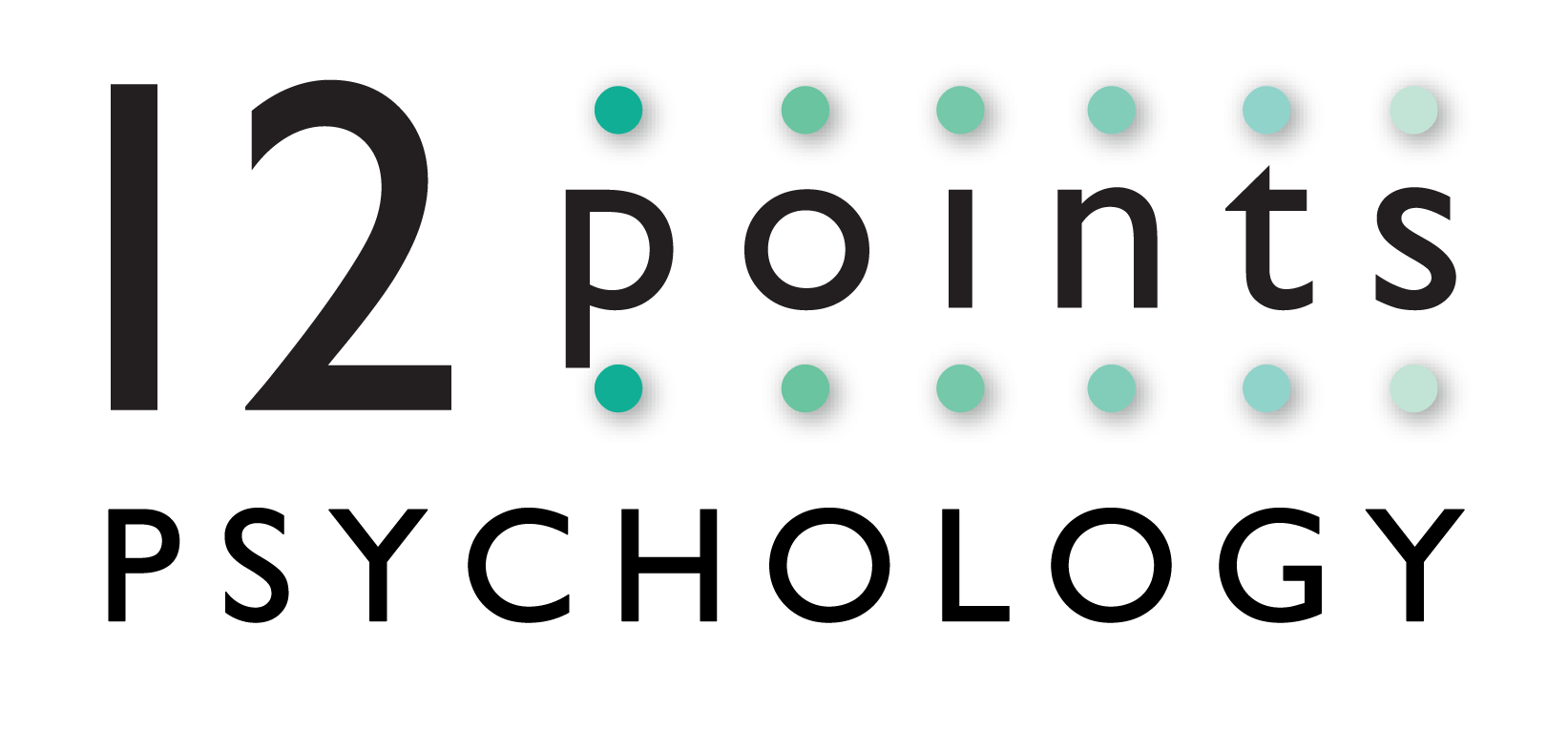
One of my young clients said to me, many years ago as we were working on their dog phobia, “You know so much about this stuff! I bet psychologists never get scared!”
That was utterly adorable.
But dead wrong.
Of course, I get scared.
It’s just that, I also have some decent tools up my sleeves to deal with that fear.
Like right now.
I’m scared
As someone with a compromised immune system. I’m scared.
As the wife, daughter, sister and friend of others in high risk groups. I’m scared.
As a former scientist with friends still working in hospitals and labs at the frontline. I’m scared.
As a small business owner, you’d better believe I’m scared!
But honestly, it’s as a psychologist, that I’m bloody terrified.
See, the vast majority of us will survive the virus. Even if we catch it, the odds are, especially here in Australia, that most of those infected will survive. Even if the healthcare system crashes under the weight of all the cases, physically, most people will recover.
BUT
You know what people don’t recover from?
- Seeing people do more damage to each other than any virus ever could and
- The realisation that they have acted contrary to their values.
These two factors are literally what torturers rely on to ‘break’ their victims. I’m not even exaggerating here. Torture is one person doing cruel and unusual things to someone else and it is considered ‘successful’ when the victim starts to act counter to their value system, e.g., turning on friends, and abandoning what’s most important to them. Sound familiar?
So, I want you to have a think.
Right now.
What’s most important to you?
Health?
What do you think happens if the doctors and nurses on the front line can’t get access to essential supplies anymore? How do you think those on the frontline feel when they see people flouting social distancing rules while they work all day in an overrun hospital and then go home to the motel room, they’re staying at to protect their own family?
Family?
Think about, if you did get sick, who would look after you? Family, friends, neighbours, doctors, nurses? Then ask yourself, what are you doing today and this week to support those people NOW?
Respect? Compassion? Community?
Social distancing doesn’t mean severing all human connections. It’s imperative that social distancing doesn’t come to mean social isolation. A lot of the deluge of information (including misinformation) on social media has certainly heightened the panic around this pandemic, but let’s reclaim that. Let’s start using all this technology to our advantage.
Pick up the phone, jump online, start a FB group with your nearest and dearest and send funny memes to each other. Or, if you want to stay away from social media for now (and fair enough!), then go old school and write letters to those stuck in nursing homes, or get your kids to draw pictures for the frontline healthcare staff.
Our bodies may be stuck at home, but our heads and our hearts don’t have to be.
The thing that will help calm my terror, (and genuinely, make this time more bearable for everyone) is if we can all just take a minute, pause and ask ourselves.
- What’s really most important to me? Not just now, but always, and
- Am I living in concert with those values in the time of Covid-19?
If not, what can I change today, tomorrow, this week and this month to bring myself back in line with those core values? Because that is one fight we genuinely cannot afford to lose.
Danielle Graber
Director 12 Points Psychology
If this is something you haven’t considered before, take a moment now to complete this worksheet and start figuring out what actions you’re going to take that will speak your values loud and proud to those who are most important to you.

